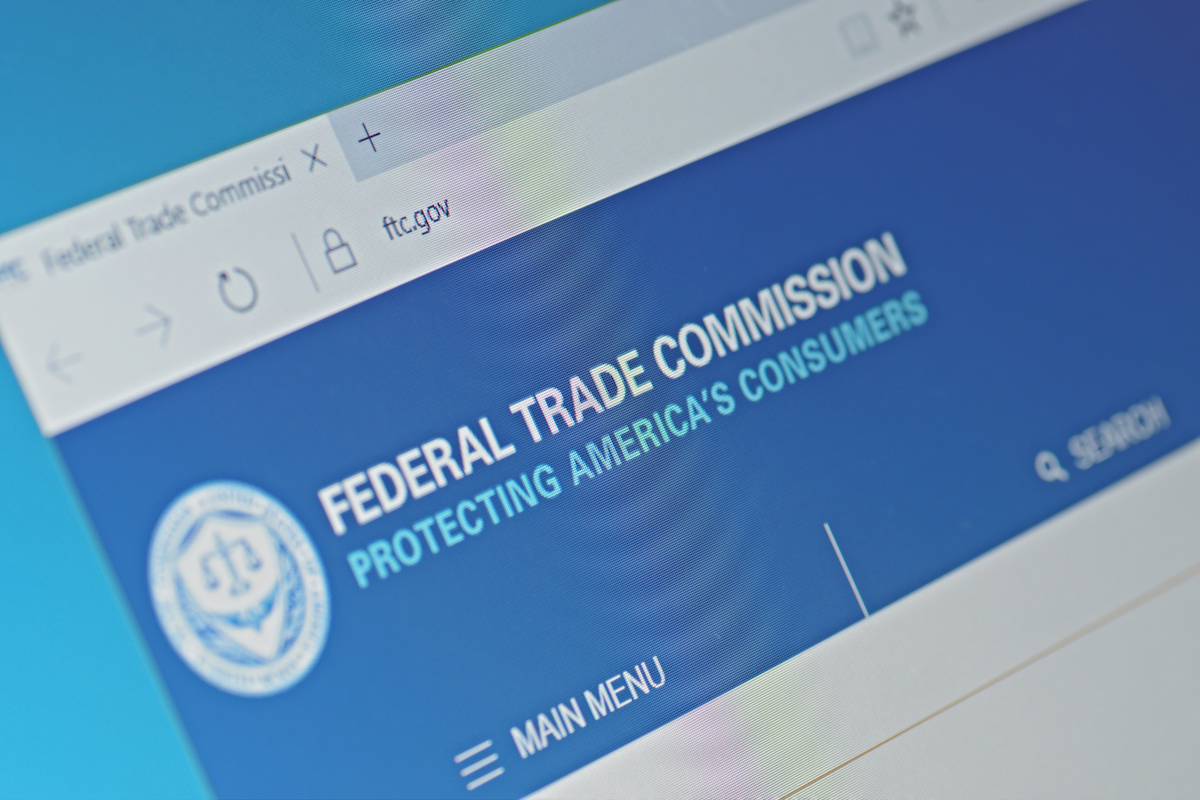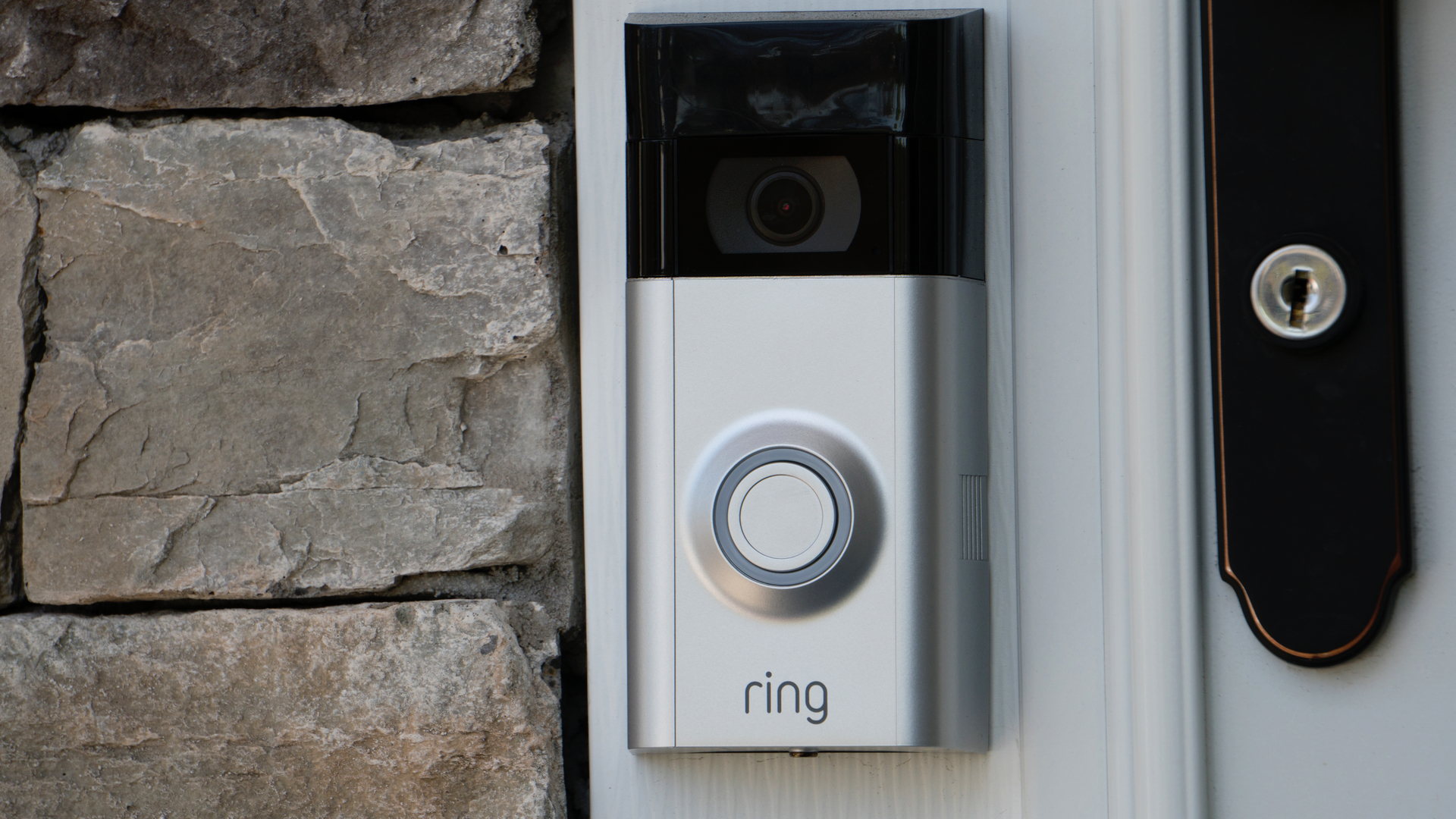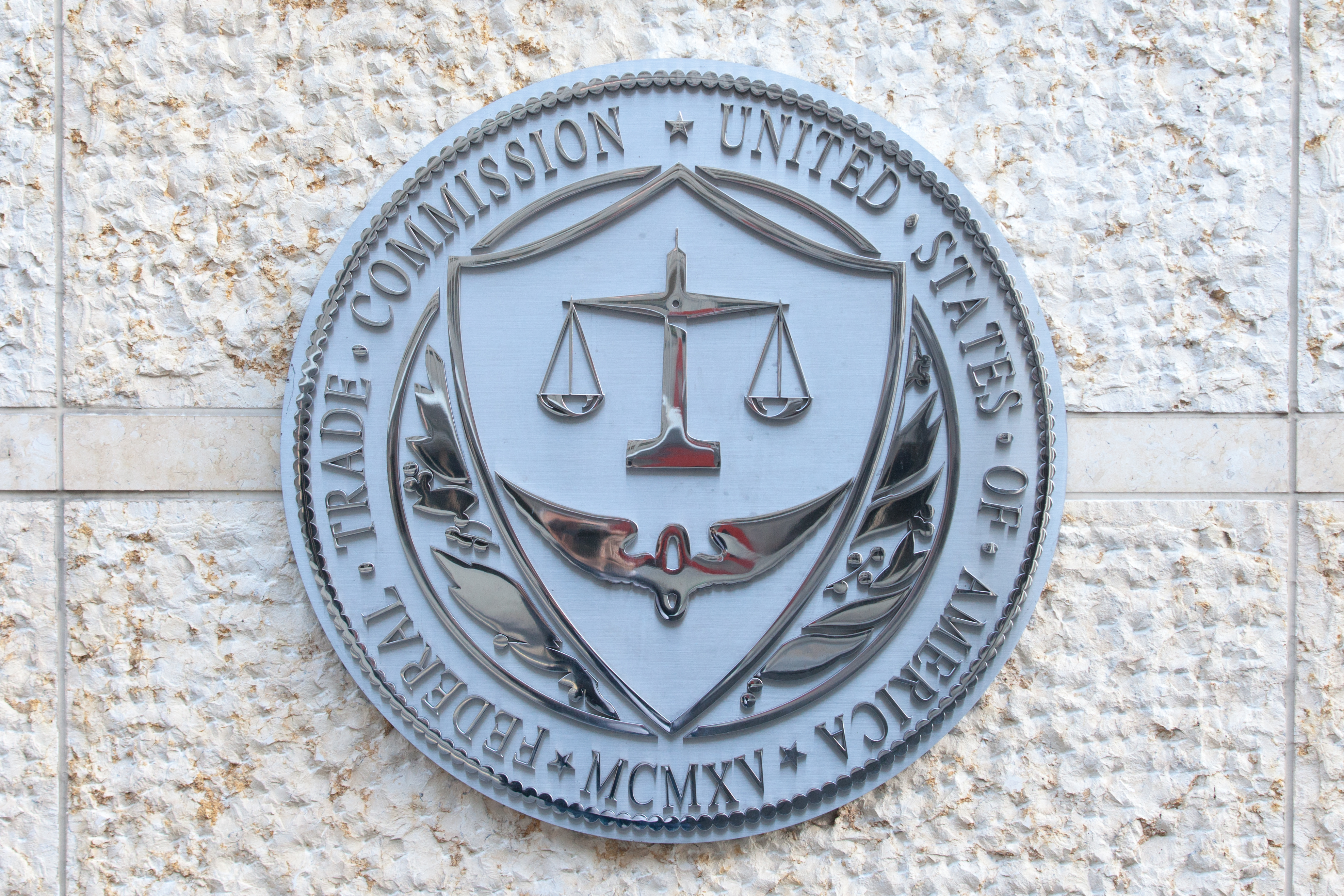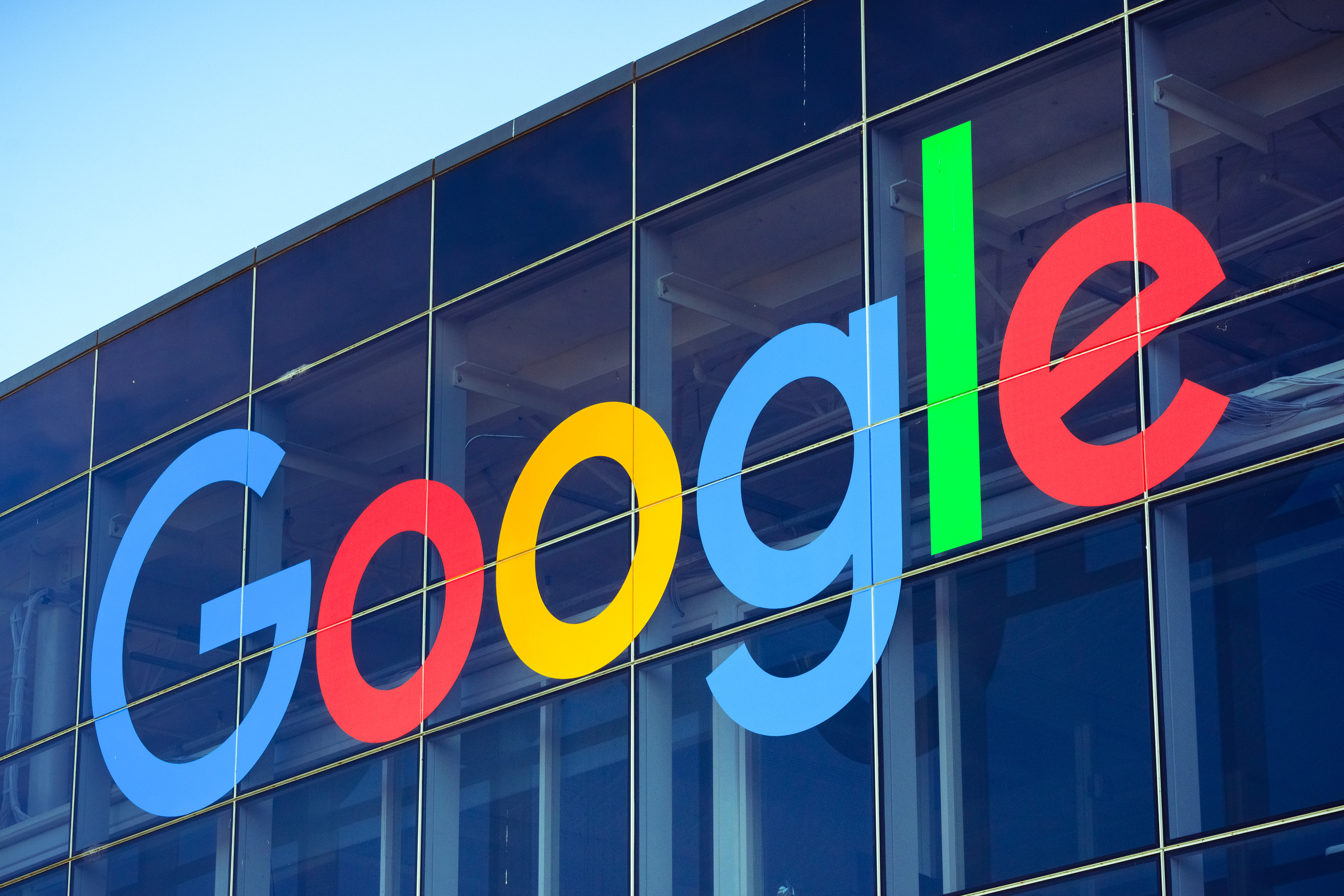Google's FTC pact could affect other patent disputes, it is claimed
Last week's ruling could have far-reaching consequences for smartphone makers, say analysts.

While the focus of last week's agreement between the Federal Trade Commission (FTC) and Google was search, the deal's restrictions on how the internet giant uses its patents could affect the whole technology industry.
Under the deal, which ended an antitrust investigation by the FTC and disappointed many critics, Google will make only minor changes to its search business.
But Google is also now limited in when it can seek injunctions against products from rival companies that use certain patents.
We know in today's world, defendants are getting more aggressive.
Throughout recent smartphone wars and other major patent litigation, holders of so-called standard essential patents have been accused of using them to bully competitors into paying high licensing rates or as leverage in patent disputes.
The FTC's deal with Google clarifies the uncertainty over how standard essential patents can be used, said Colleen Chien, a professor specialising in patent law at Santa Clara University School of Law in California.
The deal set out a process by which technology makers can avoid injunctions and patent holders know they are going to get compensated, Chien said. "The FTC has deflated the power of the injunction and also the incentives to not pay that have existed."
Sign up today and you will receive a free copy of our Future Focus 2025 report - the leading guidance on AI, cybersecurity and other IT challenges as per 700+ senior executives
In its case against Google, the FTC claimed that Google and its subsidiary Motorola Mobility had breached commitments to standard-setting bodies to license its patents on terms that are fair, reasonable and non-discriminatory.
As part of the deal, Google agreed to drop claims for injunctive relief against competitors in certain patent disputes around the world. It also agreed to submit to the jurisdiction of a court or arbitrator when disputes over payment rates arise.
Throughout the FTC's investigation, Google was represented by Susan Creighton of Wilson Sonsini Goodrich & Rosati and John Harkrider of Axinn, Veltrop & Harkrider. The FTC retained Beth Wilkinson of Paul, Weiss, Rifkind, Wharton & Garrison.
Template
The FTC said the threat of injunction by a holder of an essential patent hurts competition. The agreement with Google could be used as a "template" for other patent disputes, it said.
Unlike a court decision, the FTC's agreement with Google is not binding on other companies. But it could give leverage to defendants in disputes with essential patent holders that could be used in court.
"We know in today's world, defendants are getting more aggressive," said Matthew Woods, an antitrust and patent attorney at Robins, Kaplan, Miller & Ciresi. "Defendants will seize on this and tell courts that injunctions are something the court should not even countenance."
But the agreement with Google may not be all good news for patent users, according to Jay Jurata, an antitrust partner at Orrick, Herrington & Sutcliffe, who said that it could have unintended consequences.
The elaborate agreement allows Google to seek injunctions against companies that are unwilling to pay for a license on fair, reasonable and non-discriminatory terms.
But the question of when a company is considered an unwilling licensee is one that the FTC may have unwittingly allowed holders of essential patents to manipulate, said Jurata.
"They provided a road map for other standard essential patent holders to engage in opportunistic behavior to paint otherwise willing licensees as unwilling licensees," he said.
ITPro is a global business technology website providing the latest news, analysis, and business insight for IT decision-makers. Whether it's cyber security, cloud computing, IT infrastructure, or business strategy, we aim to equip leaders with the data they need to make informed IT investments.
For regular updates delivered to your inbox and social feeds, be sure to sign up to our daily newsletter and follow on us LinkedIn and Twitter.
-
 Google is scrapping its dark web report feature
Google is scrapping its dark web report featureNews Google said while the dark web report feature offered “general information”, the tool didn’t provide “helpful next steps” for users potentially impacted by a breach.
-
 AI means you're probably going to need bigger developer teams
AI means you're probably going to need bigger developer teamsAnalysis Software developers may be forgiven for worrying about their jobs in 2025, but the end result of AI adoption will probably be larger teams, not an onslaught of job cuts.
-
 Apple patents a computer inside a keyboard
Apple patents a computer inside a keyboardNews Device could enable clutter-free ultra-portability, says document
-
 FTC bans SpyFone and orders company to quit surveillance app business
FTC bans SpyFone and orders company to quit surveillance app businessNews Complaints of stalkerware force action
-
 Civil rights groups ask the FTC to stop Amazon surveillance
Civil rights groups ask the FTC to stop Amazon surveillanceNews Ring presents potential facial recognition nightmare, say critics
-
 Big tech critic Lina Khan becomes new FTC chair
Big tech critic Lina Khan becomes new FTC chairNews The antitrust researcher was sworn in yesterday, a move welcomed by legislators looking to address big tech’s growing market power
-
 FTC launches widespread investigation into tech companies' practices
FTC launches widespread investigation into tech companies' practicesNews Commission votes 4-1 on a sweeping foray into advertising, privacy, and content moderation
-
 Is this the beginning of the end for Google?
Is this the beginning of the end for Google?In-depth Google faces a major lawsuit for allegedly breaking competition laws, but what effect it will have on the search giant – if any – remains in doubt
-
 FTC may file an antitrust lawsuit against Facebook
FTC may file an antitrust lawsuit against FacebookNews Sources claim the FTC’s probe concerns Facebook’s past acquisitions
-
 Kaspersky counters 'patent troll' lawsuit, wins $5,000
Kaspersky counters 'patent troll' lawsuit, wins $5,000News The troll initially wanted $60,000 from the antivirus firm

